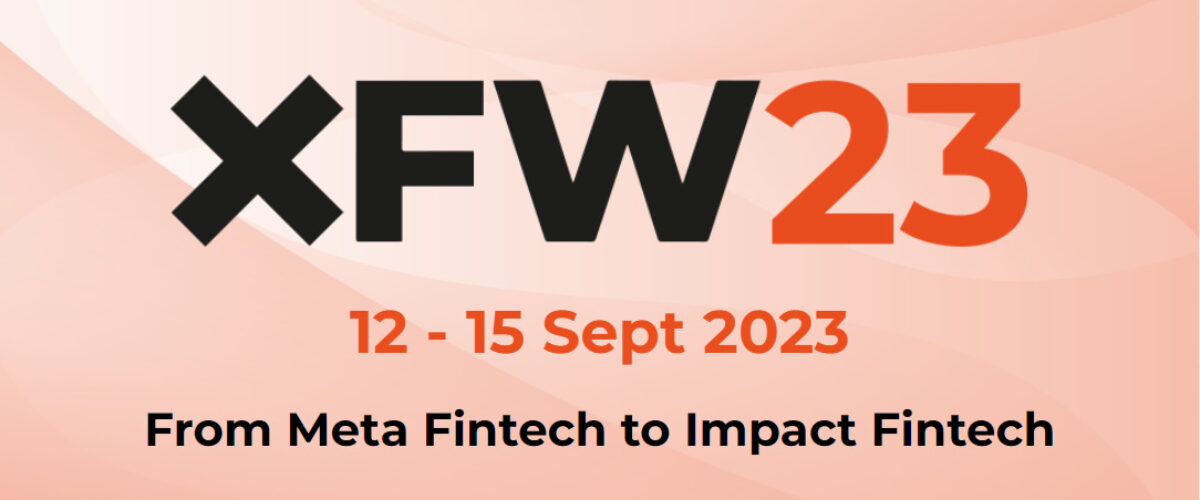And we’re kicking off the week with new analysis and opinions on fintech with banking, Artificial Intelligence, ESG, crypto, and more. Dive into the latest fintech insights and have a great start to the week!
The world’s regulatory superpower is taking on a regulatory nightmare: artificial intelligence (Atlantic Councils)
The humans are still in charge—for now. The European Parliament, the legislative branch of the European Union (EU), passed a draft law on Wednesday intended to restrict and add transparency requirements to the use of artificial intelligence (AI) in the twenty-seven-member bloc. In the AI Act, lawmakers zeroed in on concerns about biometric surveillance and disclosures for generative AI such as ChatGPT. The legislation is not final. But it could have far-reaching implications since the EU’s large size and single market can affect business decisions for companies based elsewhere—a phenomenon known as “the Brussels effect.” Below, Atlantic Council experts share their genuine intelligence by answering the pressing questions about what’s in the legislation and what’s next. Read more
What bank leaders should know about AI in financial services (Bank Automation News)
With ChatGPT reaching 100 million users within two months of its release, generative AI has become one of the hottest topics, as individuals and industries ponder its benefits and ramifications. This has been further spurred by the fact that ChatGPT has inspired a slew of new generative AI projects across industries, including in the financial services ecosystem. Recently, it was reported that JPMorgan Chase is developing a ChatGPT-like software service to be used by its customers. Read more
UK and EU part ways (again) and diverge on CBDCs (Payments Cards & Mobile)
Recent thinking published by HM Treasury and the European Central Bank show divergence between the UK and European Union (EU) visions for digital currency. At present, the UK seems to be further down the path to introducing a digital currency, albeit in a less comprehensive fashion than the EU – though the latter’s plans are more than somewhat vague. On February 7, the UK Treasury published a consultation paper outlining how a digital pound would work. It’s noteworthy that this paper is at pains to stress access to cash will not be affected. Read more
War in Ukraine Prompts Hike in Cyber Attacks on German Businesses (Incurance Journal)
More than one in 10 German companies were the victim of a cyberattack last year, according to a new study, with the war in Ukraine prompting a steep increase in hacking in Europe’s largest economy. In a survey conducted by the Association of Technical Inspection Agencies (TUV) and Germany’s Federal Office for Information Security (BSI), 11% of German businesses reported an IT security breach in 2022. That translates to about 50,000 attacks. Read more
Open Banking grows up – but who is making the gains? (Payments Cards & Mobile)
Five years after firing the starting gun on Open Banking (OB), it looks like things are going well in the UK. However, a key question remains – especially for the fintechs delivering Open Banking services to banks. Simply put, how does anyone make money out of Open Banking services? First the good news. In January, the UK’s Open Banking Implementation Entity (OBIE) announced some 7 million Britons used Open Banking services – primarily account-to-account payments – that month. Read more
Why Companies Are Vastly Underprepared For The Risks Posed By AI (Forbes)
In the last year, artificial intelligence has arrived with a bang. Due to the emergence of generative tools like ChatGPT, businesses across every industry are realizing its immense potential and starting to put it to use.We know that there are challenges – a threat to human jobs, the potential implications for cyber security and data theft, or perhaps even an existential threat to humanity as a whole. But we certainly don’t yet have a full understanding of all of the implications. In fact, a World Economic Forum report recently stated that organizations “may currently underappreciate AI-related risks,” with just four percent of leaders considering the risk level to be “significant.” Read more
Best practices for risk, regulation and data governance (Fintech Magazine)
Senior speakers from Precisely will explore the best practices that financial services firms can draw on to enhance their data management strategy, as part of an upcoming webinar. It’s all designed to help them comply with a challenging and ever-changing regulatory environment, where the cost and bad publicity that stems from non-compliance are risks businesses cannot afford to take. Data governance frameworks have become a business imperative, Precisely says, with regulators now requiring them to include robust and comprehensive data quality capabilities to strengthen deficiencies in risk management and internal controls. Read more
–
Do you have any news to share: please put [email protected] on your press list.
Curious to read and find out more from fintech? Then subscribe & read our full newsletters here. Stay tuned for more insights following up this week regarding the news piece.



